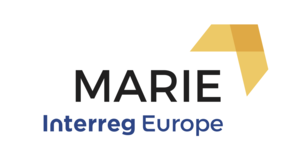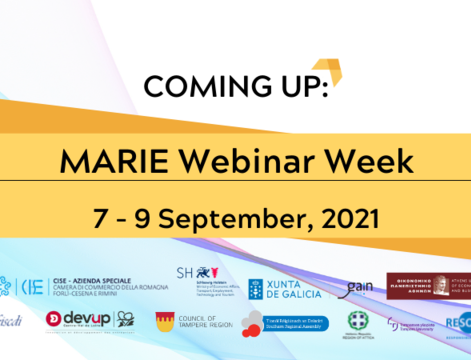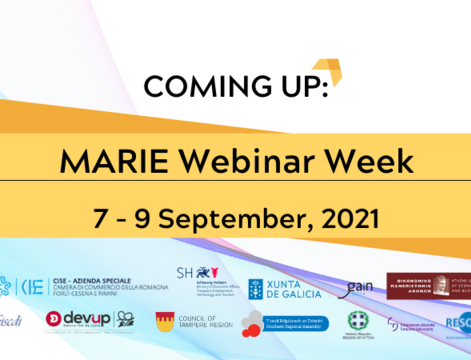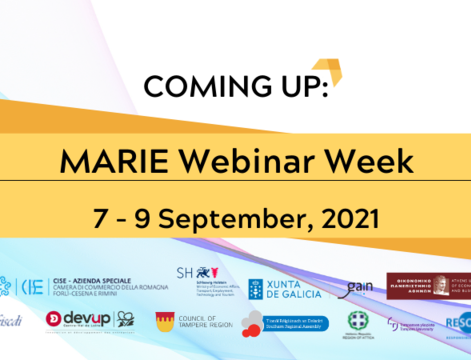The 2019 Triple Helix Congress on Responsible Inn ovation & Entrepreneurship (ETHAC 2019) was held in Thessaloniki, Greece on 30 September and 1 October 2019. ETHAC 2019 is an international conference focusing on RRI and Triple Helix collaboration and aims to mobilise knowledge and innovation transfer by enabling international triple helix interactions between academics, innovators, industry, entrepreneurs, investors, governments and policy makers.
ovation & Entrepreneurship (ETHAC 2019) was held in Thessaloniki, Greece on 30 September and 1 October 2019. ETHAC 2019 is an international conference focusing on RRI and Triple Helix collaboration and aims to mobilise knowledge and innovation transfer by enabling international triple helix interactions between academics, innovators, industry, entrepreneurs, investors, governments and policy makers.
MARIE was represented at ETHAC 2019 by Dr. Christos Tsanos from the Athens University of Economics and Business.
Dr. Tsanos represented MARIE in the “RISE – Responsible Innovation in Sustainable Ecosystems” workshop, chaired by Dr. Francesco Niglia, Head of the “Responsible Research and Innovation Lab” in the Digital Administration and Social Innovation Center (DASIC) of the Link Campus University, Rome, Italy. In this workshop, representatives of three projects (MARIE, TeRRItoria, FIT4RRI) described the RRI ecosystems and collaboration dynamics in their respective projects. The MARIE presentation focused on the MARIE innovation ecosystem, the categories of stakeholders involved in regional RRI policymaking and their interrelationships in the policymaking process, the collaborative and exchange tools and practices employed in this process, and an example of policy innovation output that the MARIE innovation ecosystem produced, namely the integration of RRI criteria into a regional ERDF call on Artificial Intelligence in Tampere Region, Finland.
In addition, Dr. Tsanos gave a presentation (co-authored with Prof. Eleni Apospori) on “Delimitating RRI Implementation by European Companies and Organisations”, which focused on the main findings of the Enterprise Survey carried out in MARIE. This presentation highlighted that:
i) among the surveyed enterprises and organisations, Public Engagement and Ethics were the most addressed RRI thematic elements whereas Gender Equality is the least addressed thematic element,
ii) enterprises and organisations that are successful in adopting and implementing RRI should be RRI-oriented from the outset, as the main enablers and barriers are internal and related to their organisational culture and their ability (or lack thereof) to foster mutually beneficial partnerships and synergies, and
iii) the external environment can also facilitate or hinder RRI implementation, but it is the internal factors that are presented as the most important.
Cover photo by José Martín Ramírez C on Unsplash










